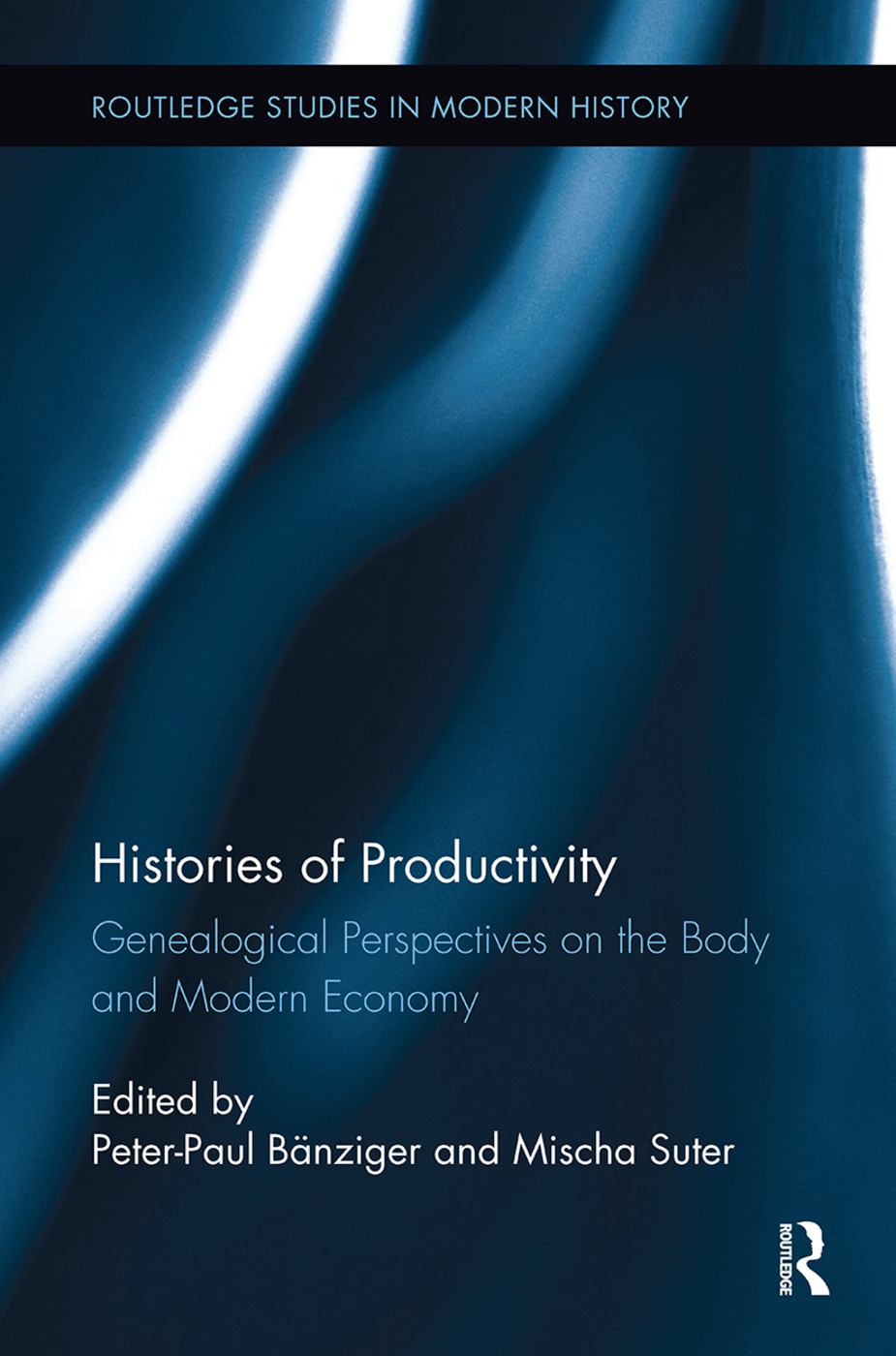
Focusing particularly on the conceptualization of developmentalism, urban productivity, and the production of the national identity of Mexicanidad, this chapter outlines the developmentalist regime of productivity as composed of three primary elements: productivism, social reformist urbanization, and nation-state formation. In the specific case of the workers’ housing projects in Mexico City between the post-WWII era and the 1970s, the concept of productivity was not the main driving force.
Instead, the first section reveals the entanglement of a wide range of practices among which productivist, nationalist, and gendered discourses, as well as urban functionalism, seem to have been the most influential. The second section shifts attention to the credit arrangements for affordable housing. It reveals to what extent they were embedded in contemporary social hierarchies based on gender, race, and class, thus fostering material disparities by narrowing access to housing and economic rights.
Against this background, the chapter concludes that a major shift in the social production of space and productive bodies occurred in Mexico City in the early 1970s, a change which can be described as a transition from developmentalism to authoritarianism.
Streule, Monika (2017) Tracing the developmentalist regime of productivity. Nation, urban space, and workers’ Habitat in Mexico City, 1940s-1970s. In: Bänziger, Peter-Paul and Mischa Suter (eds.) Histories of Productivity. Genealogical Perspectives on the Body and Modern Economy. New York: Routledge, 156–173.
